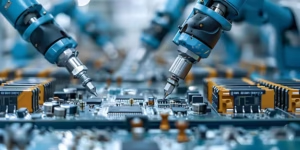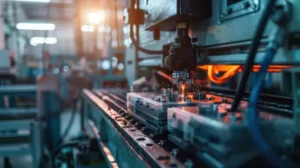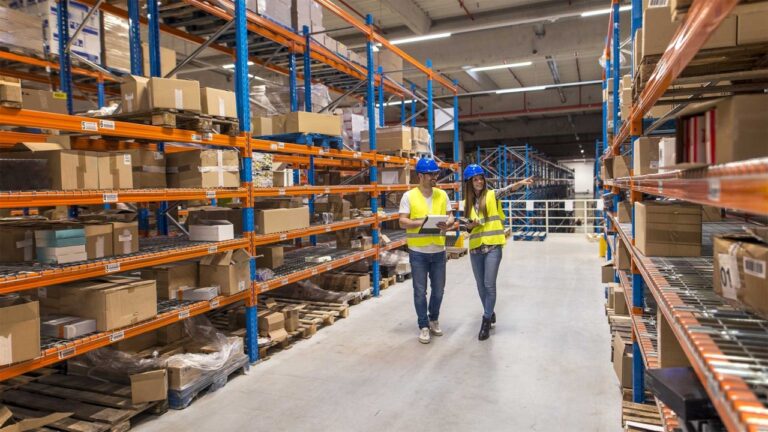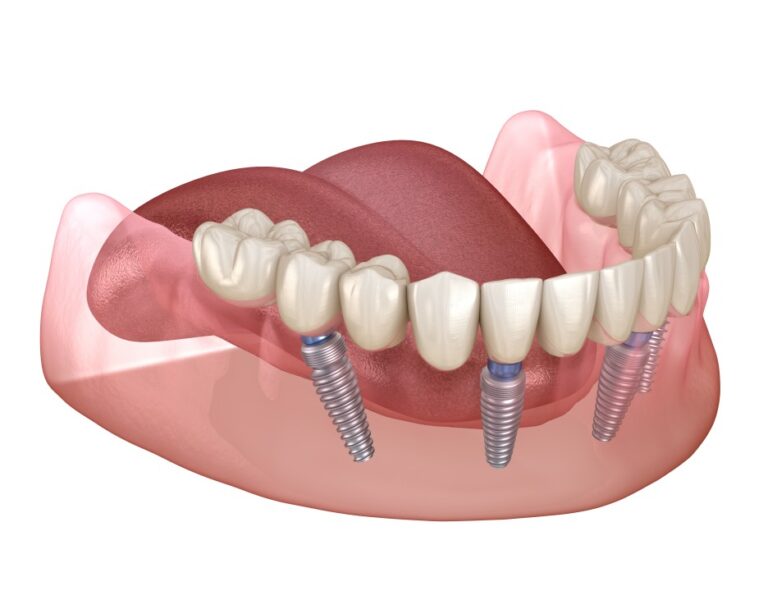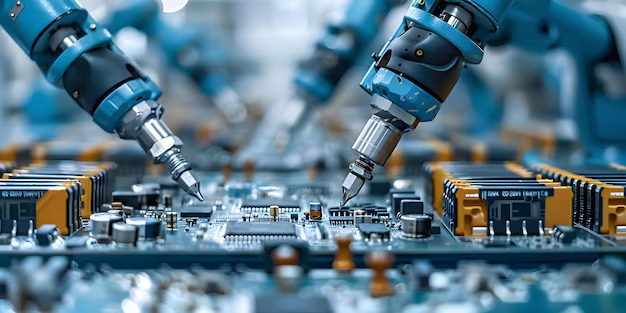When thinking about a new career, one of the most important questions is whether it’s worth the time and effort you put into it. This is especially true for specialized fields like dental technology. In this article, we’ll explore if pursuing jobs in dental technology labs with the code 14221 is a good investment for your future. We will look at what these jobs involve, the benefits they offer, and any challenges you might face.
What Are Dental Technology Lab Jobs?
Dental technology lab jobs involve working behind the scenes in a dental lab to create, repair, and customize dental devices. These devices include things like crowns, bridges, dentures, and braces. Essentially, you’re helping to make sure that patients have the right tools to maintain good oral health. Dental technicians work with various materials and technology to craft these devices accurately and efficiently.
In simpler terms, if you like working with your hands and have an interest in how dental devices are made, this might be a good job for you. It’s a bit like being a craftsman who makes special tools to help people with their teeth.
What Does a Typical Day Look Like?
What Are the Benefits of Working in Dental Technology Labs?
1. High Demand for Skills
The demand for skilled dental technicians is rapidly increasing due to advancements in dental technology and an expanding population that requires dental services. As dental practices adopt new technologies like CAD/CAM (computer-aided design and computer-aided manufacturing), the need for technicians who are proficient in these systems has surged. Technicians with specialized skills in areas such as digital dentistry, orthodontics, and implantology are particularly sought after, as they can create more precise and customized dental restorations.
Moreover, the growing emphasis on cosmetic dentistry has led to an increased demand for technicians who can craft aesthetically pleasing restorations that enhance patients’ smiles. As the field continues to evolve, ongoing education and training in the latest materials and techniques are essential for technicians to remain competitive. Overall, the high demand for skilled dental technicians reflects the critical role they play in ensuring quality dental care and patient satisfaction.
2. Good Salary Potential
Dental technology lab jobs can offer a good salary. While it might not be the highest-paying job in the world, it is generally well-compensated. Many technicians enjoy a comfortable standard of living thanks to their salaries. It’s worth noting that salaries can vary depending on your experience and location.
3. Job Satisfaction
Many people find working in dental technology labs to be very rewarding. You get to see the direct impact of your work on people’s lives. When you make a dental device that helps someone smile confidently again, it can be very fulfilling. This job can offer a sense of accomplishment and pride in your work.
4. Opportunities for Growth
Dental technology is a field that is always evolving. As new technologies and techniques develop, there are opportunities for you to learn new skills and advance in your career. You might become a specialist in a certain type of dental device or move into management roles within a lab.
What Challenges Might You Face?
1. Detailed Work
One of the main challenges in dental technology lab jobs is the need for extreme precision. You have to pay close attention to small details to ensure that each device is made correctly. This can be stressful and requires a lot of concentration. If you make a mistake, it might mean having to redo the work, which can be time-consuming.
2. Long Hours
Sometimes, dental technology labs have tight deadlines, and you might have to work long hours to meet them. This can be demanding and might affect your work-life balance. It’s important to be prepared for the possibility of working extra hours when needed.
3. Repetitive Tasks
The work can sometimes become repetitive. Making similar types of devices over and over might not be exciting for everyone. If you enjoy variety in your tasks, this aspect of the job could be a challenge.
4. Need for Continued Education
Is It Worth the Investment?
Deciding whether dental technology lab jobs are worth the investment depends on your interests and career goals. If you enjoy detailed work, working with your hands, and helping people, this could be a great career for you. The benefits, such as a steady job market, good salary, and job satisfaction, make it an appealing choice for many.
However, it’s important to consider the challenges as well. The need for precision, potential for long hours, and the repetitive nature of the work might not suit everyone. Additionally, staying up-to-date with the latest advancements requires ongoing learning.
Before deciding, think about what you value most in a job and how these factors align with the dental technology field. It might be helpful to talk to someone already working in the field or to try a job shadowing experience to see if it feels like the right fit for you. Visit the home page of Tech Impact Daily.
People also ask
What can I do after BS dental technology?
Where do dental lab technicians make the most money?
What is dental technology laboratory?
What is the highest salary for a dental technician?
Conclusion
Dental technology lab jobs with the code 14221 offer a mix of benefits and challenges. The high demand for skilled technicians, good salary potential, and the satisfaction of helping patients are significant advantages. However, the need for precision, long hours, and repetitive tasks are factors to consider.
Ultimately, whether these jobs are worth the investment depends on your personal interests and career goals. If you are passionate about dental technology and ready to face its challenges, it could be a rewarding career choice for you. Taking the time to carefully evaluate the pros and cons will help you make an informed decision about pursuing a career in dental technology.
